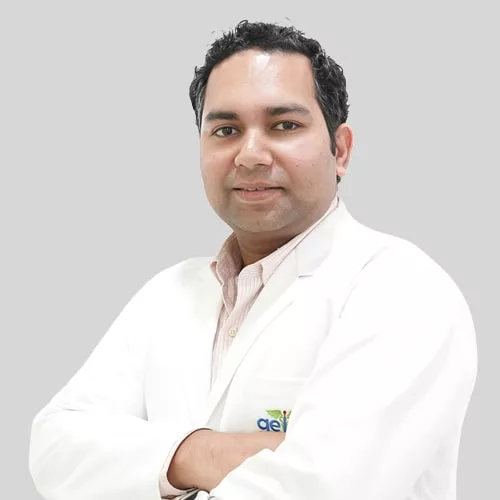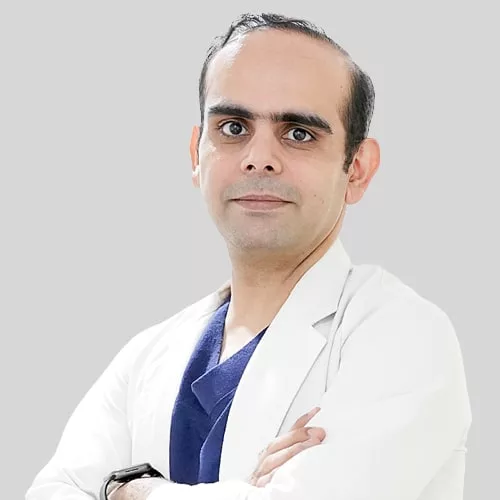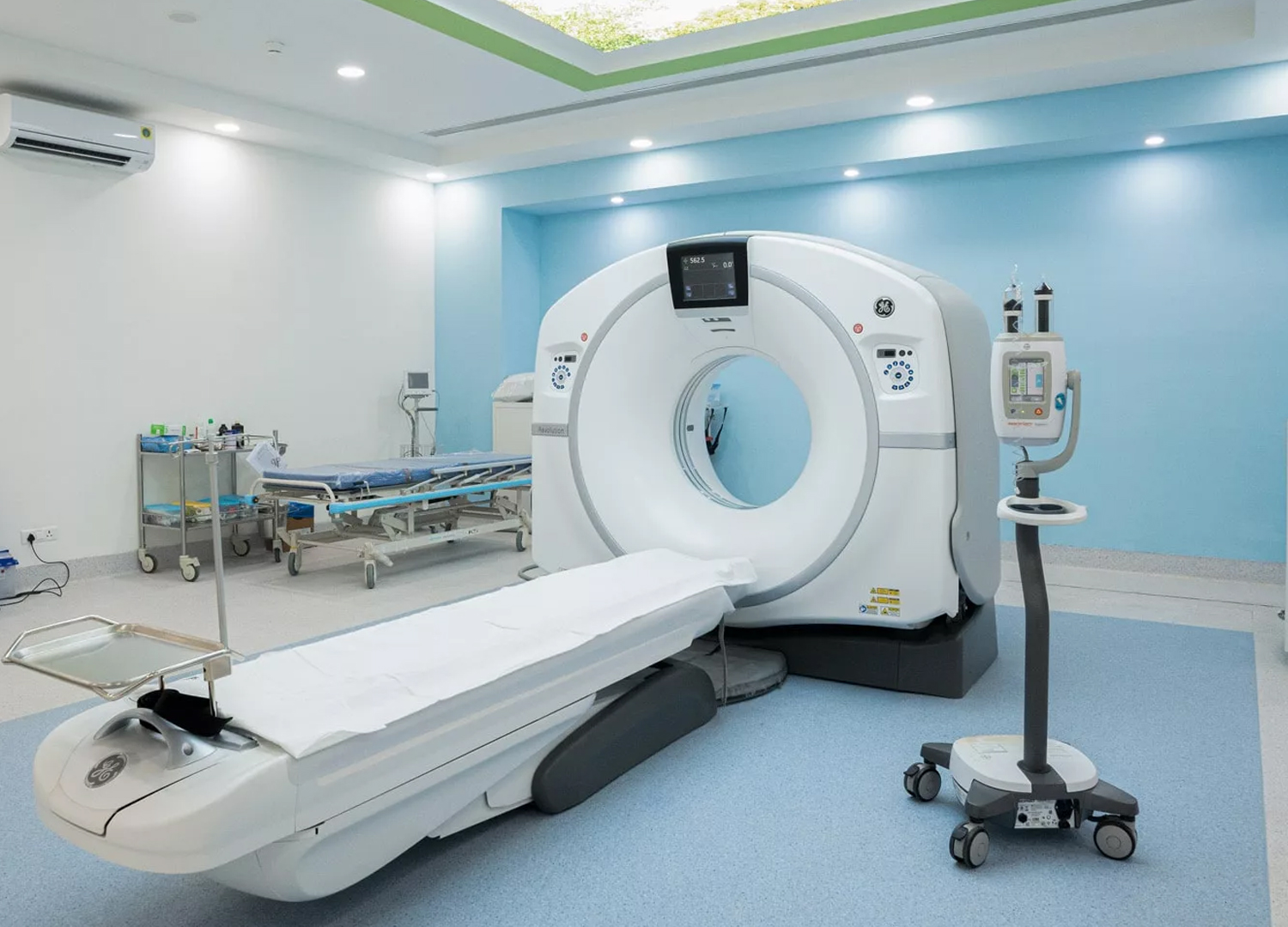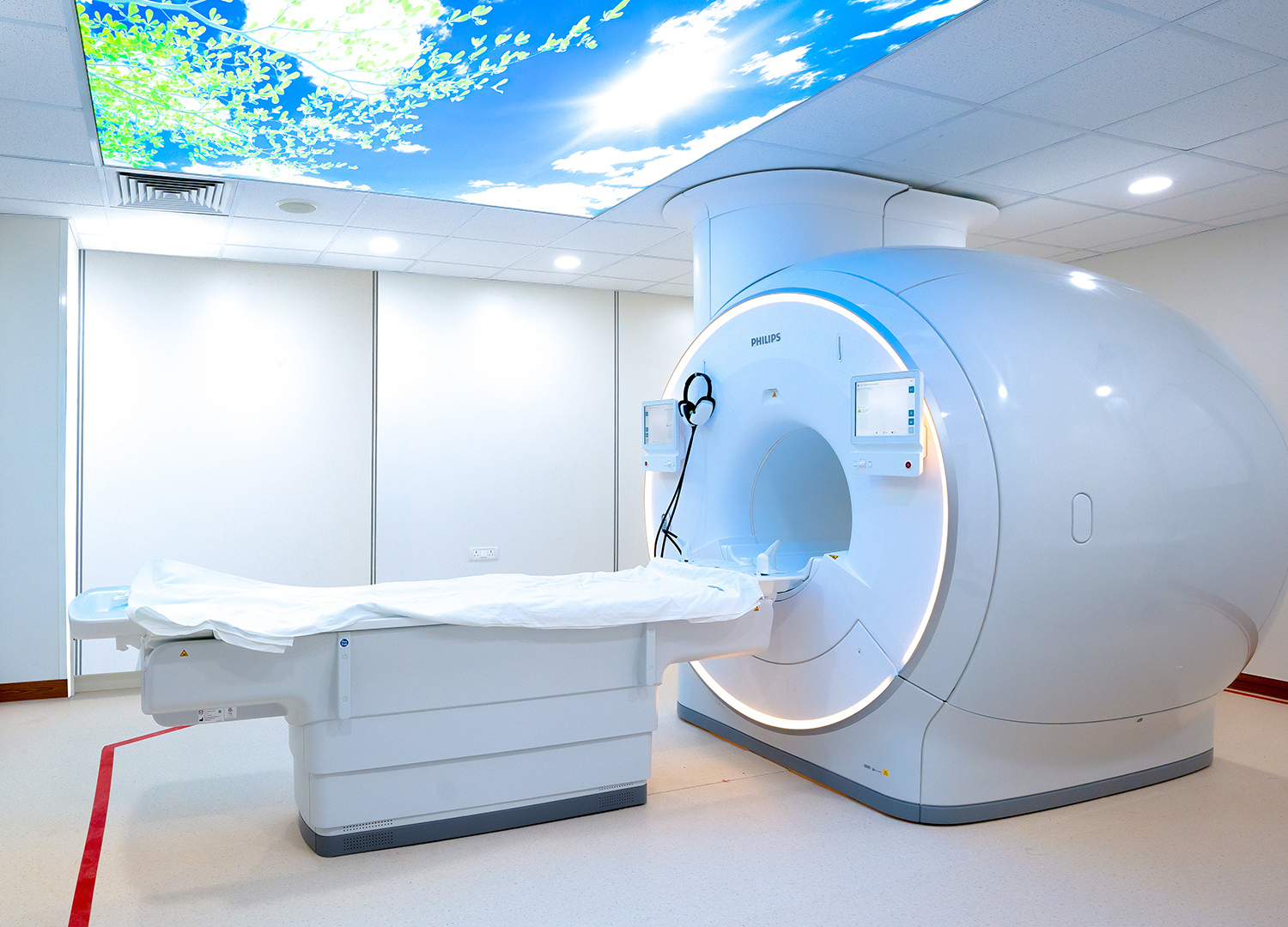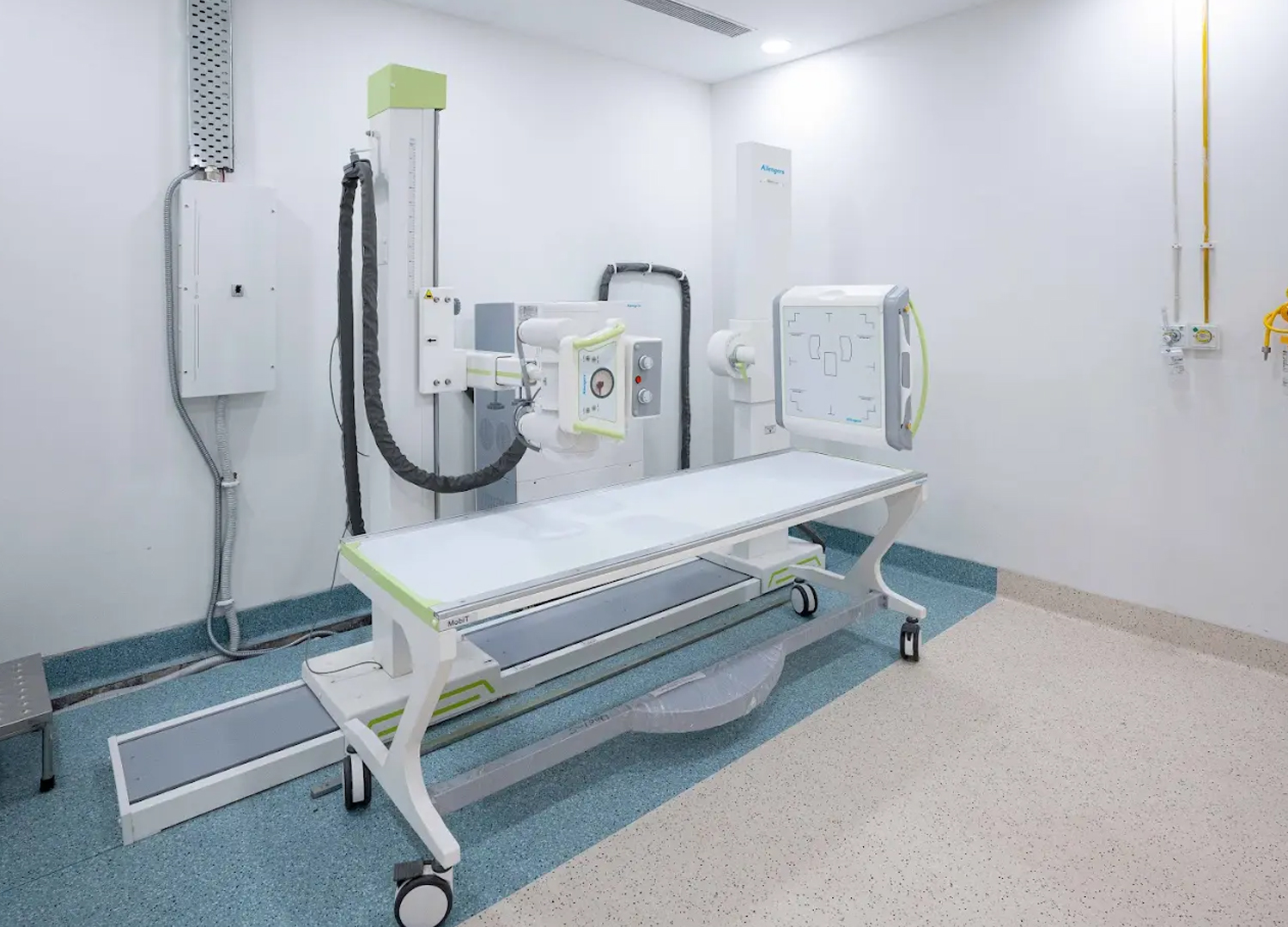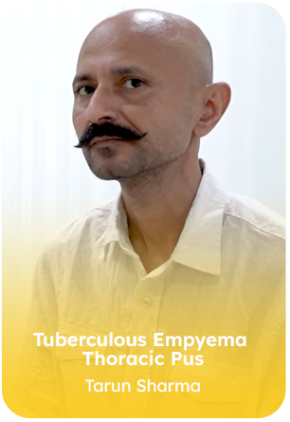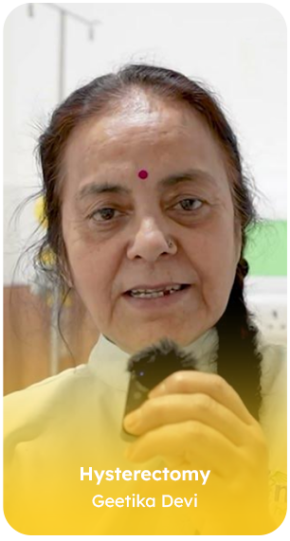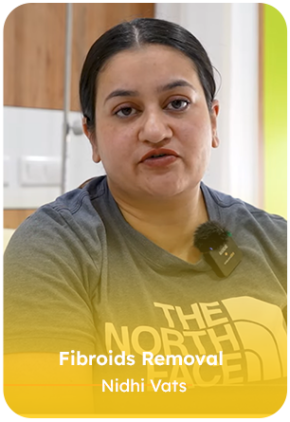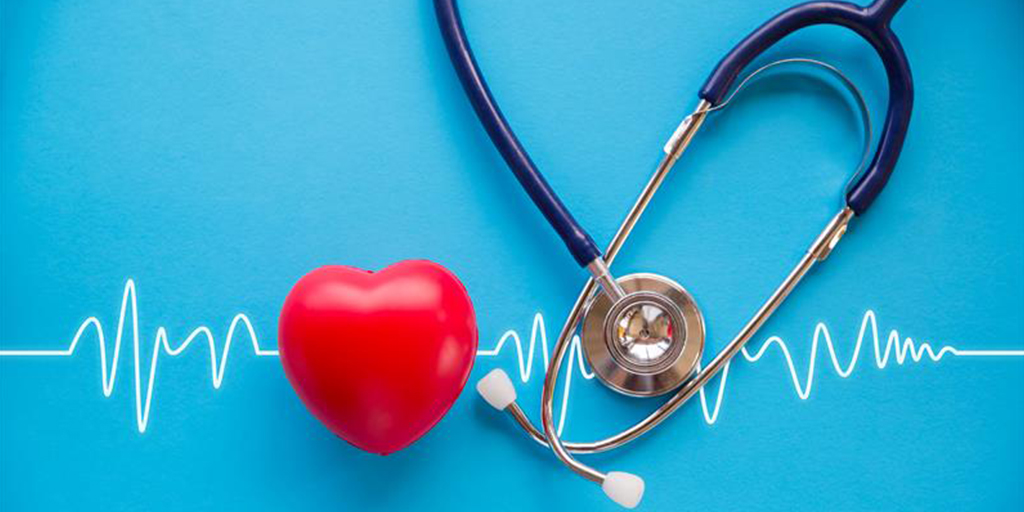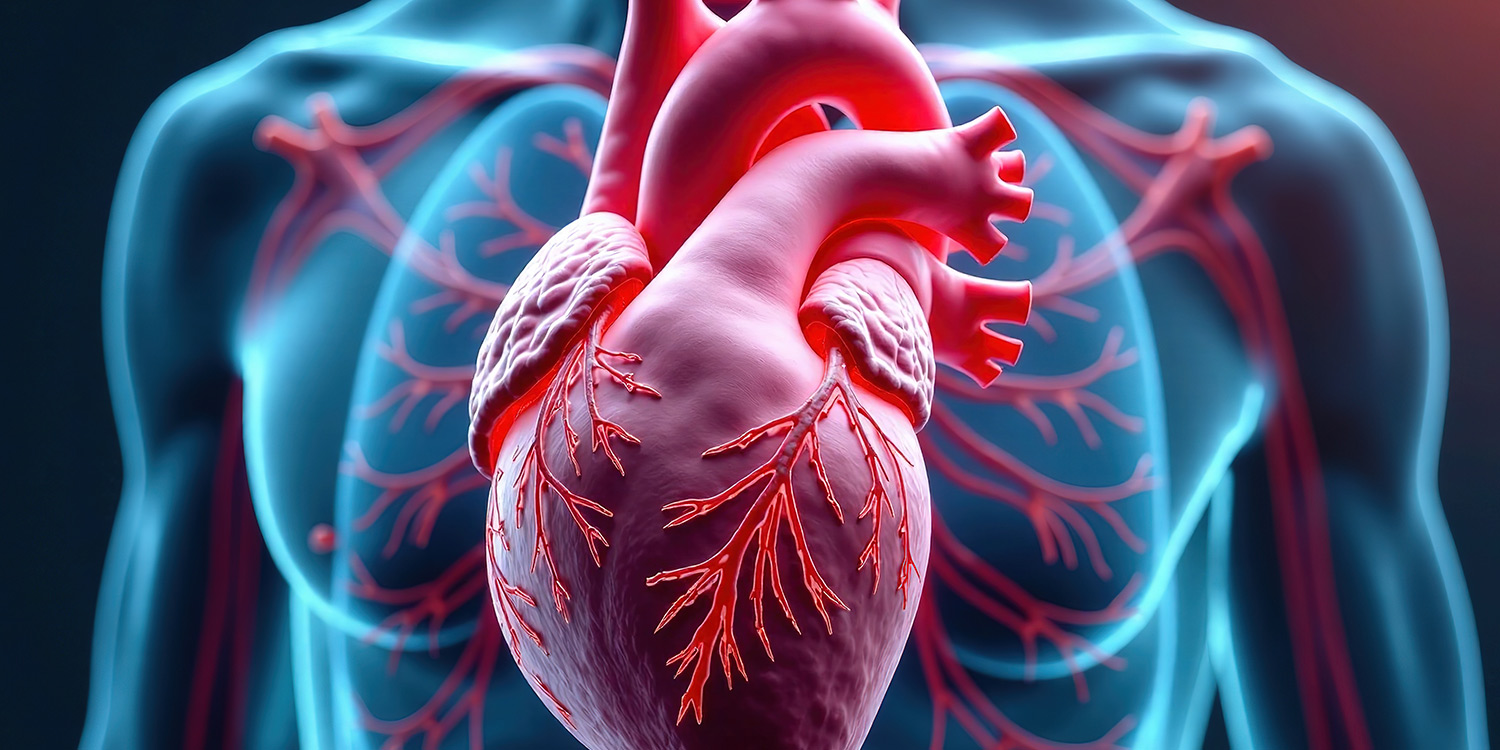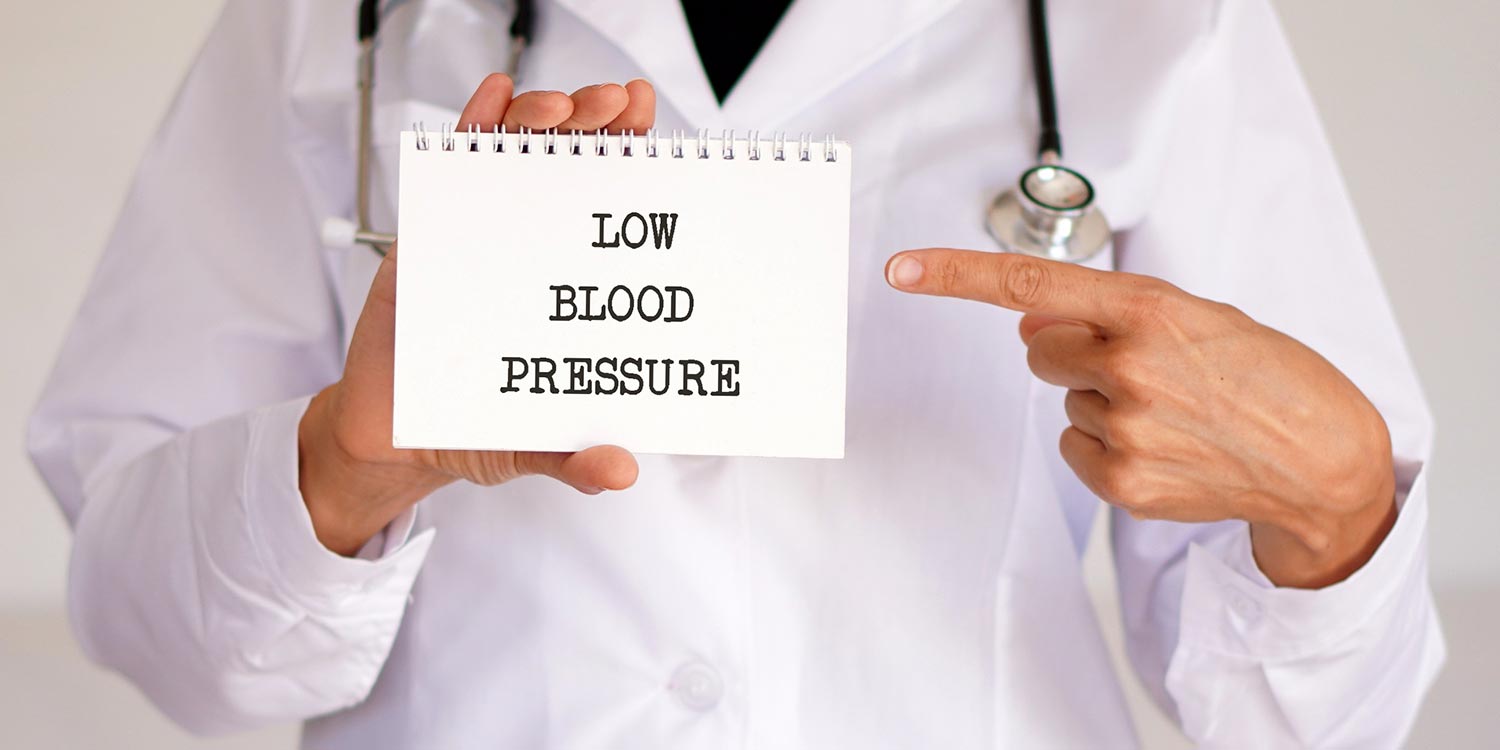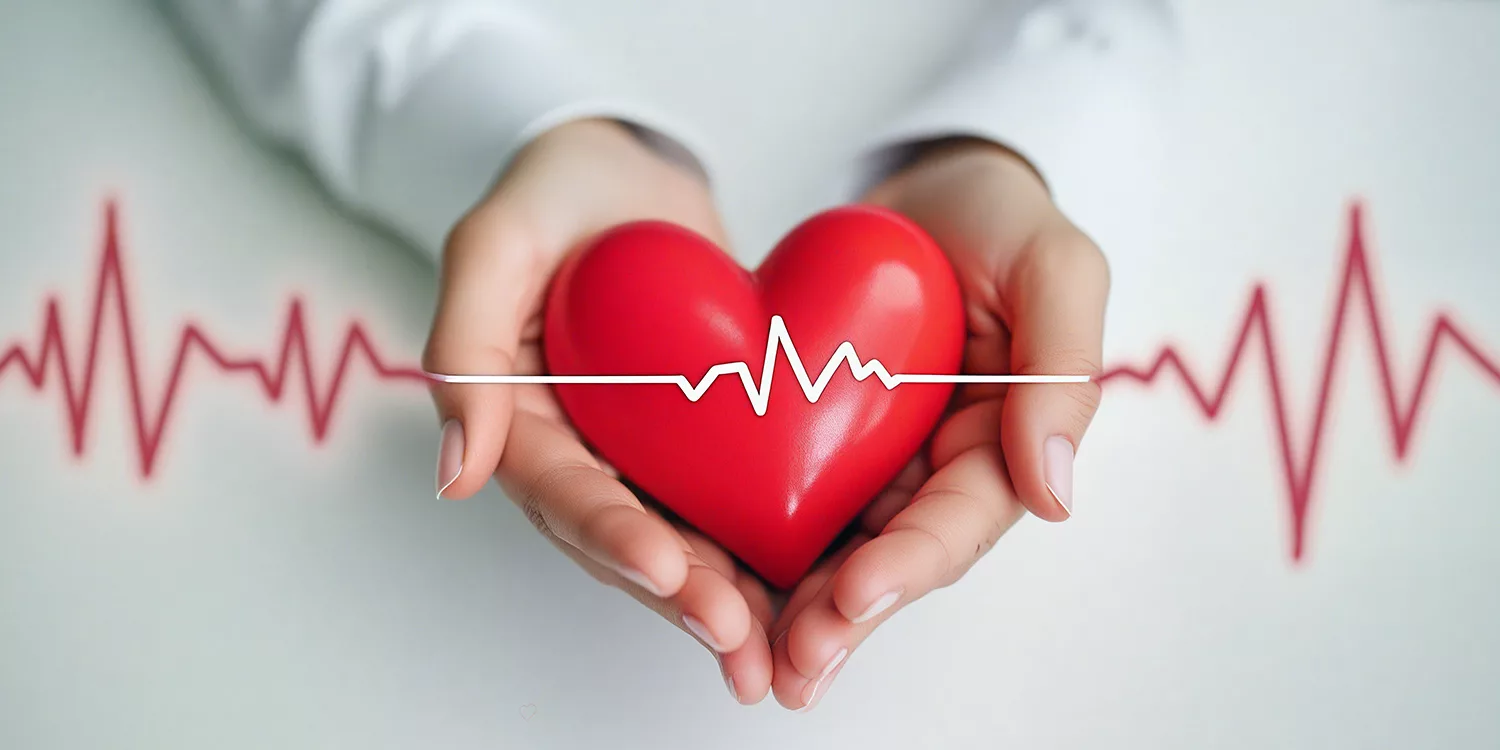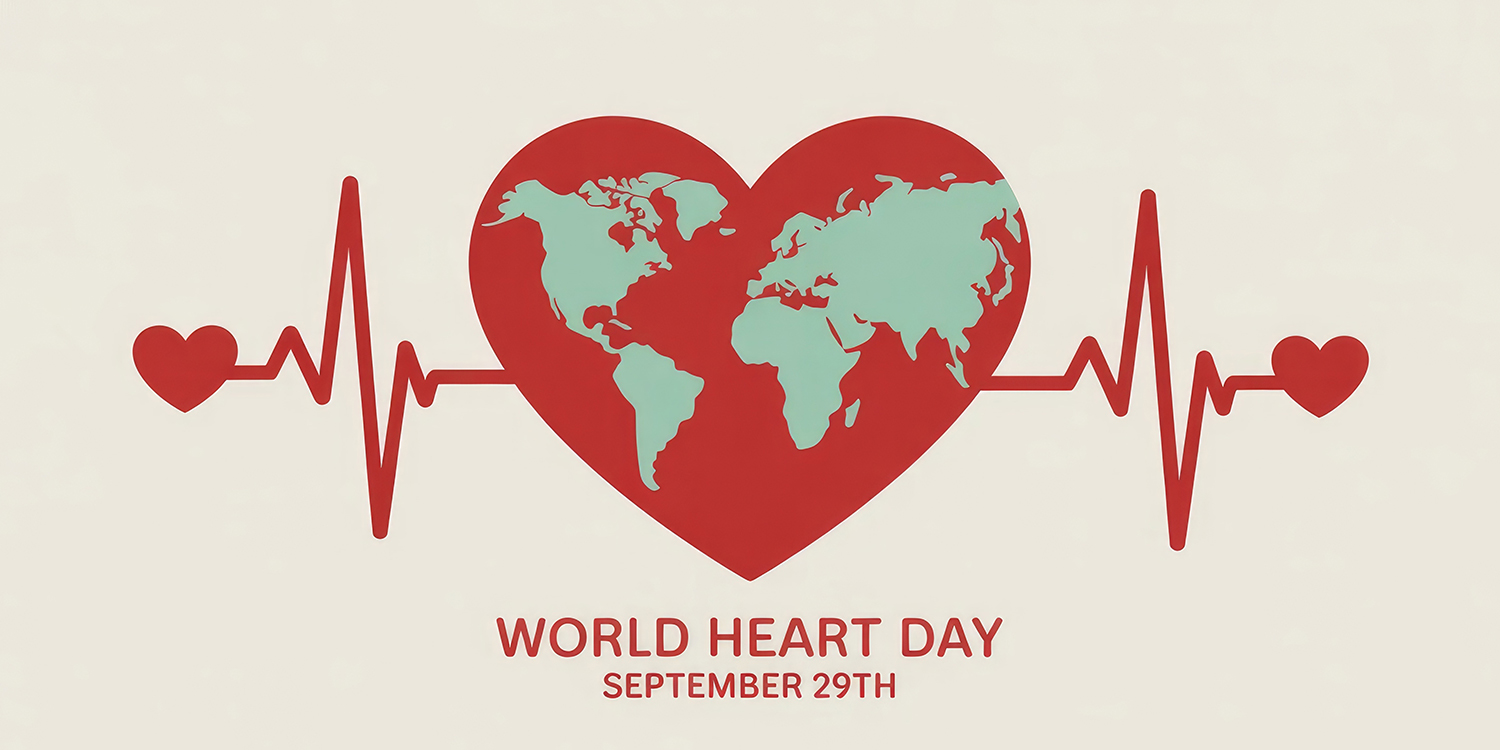At Graphic Era Hospital, we are dedicated to providing cutting-edge cardiology care, ensuring accurate diagnosis, effective treatment, and long-term heart health. Our Department of Cardiology is equipped with state-of-the-art technology and led by expert cardiologists who specialise in treating a wide range of heart and vascular conditions for patients of all ages, from newborns to adults. We offer comprehensive cardiac services, including non-invasive diagnostics, minimally-invasive interventions, and heart failure management. With a patient-centred approach, we focus on delivering personalised care plans that enhance treatment outcomes, recovery speed, and overall quality of life for individuals with heart disease.
When to Seek Cardiac Screening and Consultation
Heart diseases often develop silently, with symptoms appearing gradually over time. Early detection through routine screenings can help prevent complications and improve long-term heart health. If you experience any unusual or persistent symptoms, seeking medical advice is crucial for timely intervention. Key warning signs that may require cardiac screening:
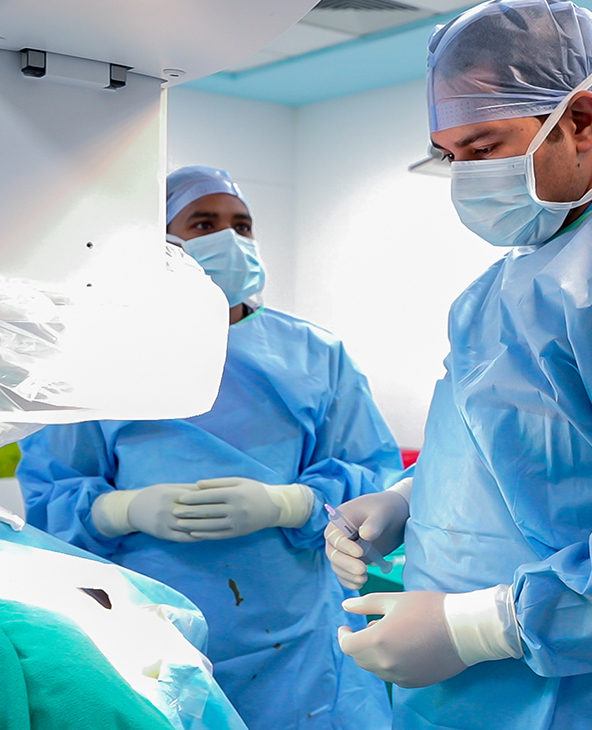
- Persistent fatigue – Feeling unusually tired, even after adequate rest.
- Heart palpitations – Irregular, rapid, or pounding heartbeat.
- Chest pain or discomfort – Pressure, tightness, or pain in the chest, especially during physical activity.
- Shortness of breath – Difficulty breathing even with mild exertion or while at rest.
- Dizziness or fainting spells – Unexplained episodes of lightheadedness or loss of consciousness.
- Swelling in legs, ankles, or feet – Fluid retention, often linked to heart failure.
- High blood pressure – Consistently elevated blood pressure levels, increasing the risk of heart disease.
- Pain in arms, neck, jaw, or back – Discomfort that may signal an underlying heart condition.
- Cold sweats or nausea – Symptoms that may indicate an impending cardiac event.
- Family history of heart disease – Increased risk if close relatives have had heart conditions.
Cardiology Treatments available at Graphic Era Hospital
At Graphic Era Hospital, we offer advanced and minimally invasive cardiac treatments, ensuring precise diagnosis and effective management of heart conditions. Our team of expert cardiologists and cardiac surgeons use the latest techniques to provide world-class care.- Peripheral Interventions – Angioplasty, stenting, and advanced endovascular techniques for vascular diseases, including carotid artery stenosis and peripheral artery disease.
- Invasive Cardiology – Coronary angiography (CAG) and percutaneous transluminal coronary angioplasty (PTCA) for diagnosing and treating coronary artery disease.
- Heart Failure and Preventive Cardiology – Treatment of hypertension, heart failure management, and cardiac rehabilitation for long-term heart health.
- Transcatheter Valve Replacement – Minimally invasive procedures such as Transcatheter Aortic Valve Replacement (TAVR) for patients with severe valve diseases.
- Arrhythmia & Cardiac Electrophysiology Services – Pacemaker implantations, AICD implantation for arrhythmias, and cardiac resynchronisation therapy (CRT) for heart failure patients.
- Non-Invasive Cardiology – Diagnosis and monitoring of heart conditions using echocardiography (ECHO), treadmill testing (TMT), Holter monitoring, and head-up tilt tests (HUTT).
- Adult, Neonatal & Paediatric Structural Heart Disease Interventions – Device closures for congenital heart defects, balloon valvuloplasty, and management of complex congenital heart diseases.
- Aortic Interventions – Endovascular aortic repair (EVAR) and treatment of aortic dissections with minimally invasive techniques.
Doctors Available
Why Choose Graphic Era Hospital for Cardiac Care?
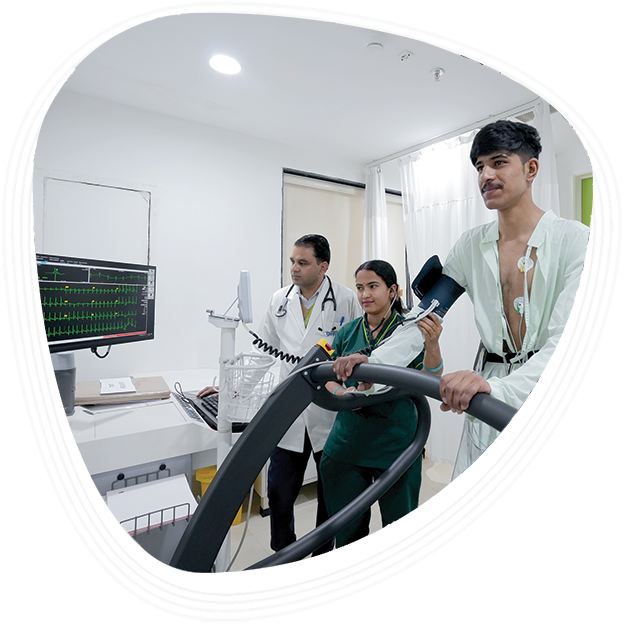
Cardiology Care Services available at Graphic Era Hospital
At Graphic Era Hospital, we offer a comprehensive range of cardiology care services, ensuring that patients receive the best possible treatment and support for heart-related conditions. Our services cover diagnostics, interventions, rehabilitation, and critical care, providing holistic management for cardiac health.
Multidisciplinary Heart Care Team
Our expert team of cardiologists, cardiac surgeons, electrophysiologists, and rehabilitation specialists works collaboratively to provide seamless, patient-centred care for all types of heart conditions.
- Collaboration between cardiologists, cardiac surgeons, electrophysiologists, and rehabilitation specialists to ensure coordinated patient care.
- Personalised treatment plans tailored to each patient’s specific heart condition and medical history.
Cardiac Rehabilitation and Preventive Cardiology
Recovery and prevention are key aspects of long-term heart health, and our rehabilitation services focus on guiding patients back to normalcy while preventing future heart complications.
- Specialised rehabilitation programs for patients recovering from heart attacks, surgeries, or chronic cardiac conditions.
- Lifestyle modification counselling, including diet, exercise, and stress management, to prevent future cardiovascular issues.
Advanced Critical Cardiac Care
For patients in need of urgent care, our Cardiac Critical Care Unit (CCU) is equipped with cutting-edge technology to handle life-threatening cardiac emergencies.
- Fully equipped Cardiac Critical Care Unit (CCU) with advanced monitoring systems, life-support devices, and ventilators.
- Immediate post-procedure monitoring and emergency management for patients with life-threatening cardiac conditions.
Electrophysiology and Arrhythmia Management
Our specialised electrophysiology services help diagnose and treat heart rhythm disorders, ensuring timely intervention and long-term management of arrhythmias.
- Pacemaker implantations, cardiac defibrillators (AICD), and cardiac resynchronisation therapy (CRT) for managing heart rhythm disorders.
- Advanced diagnostic and interventional procedures to treat complex arrhythmias and prevent sudden cardiac arrest.
Things to Know Before Starting a Cardiac Treatment
Understanding the key aspects of cardiac treatment can help patients and their families prepare for the journey ahead. Several factors influence the choice of treatment and recovery process. Key considerations before treatment:
- Type and severity of heart condition – Determines whether lifestyle changes, medication, or surgical intervention is required.
- Available treatment options – Includes non-invasive, minimally invasive, and surgical procedures based on the patient’s condition.
- Potential risks and benefits – Each treatment plan is tailored to balance effectiveness and minimise complications.
- Pre-treatment lifestyle modifications – Adjustments in diet, exercise, and stress management may improve treatment success.
- Medication adherence – Prescribed drugs play a crucial role in stabilising heart conditions before and after treatment.
- Recovery time and rehabilitation – Varies based on the procedure; post-treatment care and cardiac rehabilitation are essential.
- Impact on daily activities – Some treatments require temporary lifestyle modifications or rest periods.
- Family history and genetic factors – Influence disease progression and response to treatment.
- Financial planning and insurance coverage – Understanding costs and available financial support can ease the treatment process.
- Emotional and psychological support – Managing anxiety and stress is vital for overall heart health.
Top Procedures
- Device Closure for Heart Defect
- Transcatheter Aortic Valve Replacement (TAVR)
- Pacemaker Implantation
- Primary Angioplasty
- Complex Angioplasty
- CRTD Implantation
- Intracoronary Imaging (IVUS/OCT)
- Cardiac MRI
- CT Coronary Angiography
- 4D Echocardiography (4D Echo)
- Stress Echocardiography (Stress Echo)
- Electrophysiology Study and Radiofrequency Ablation
- Endovascular Aortic Repair (EVAR)
Cardiology Conditions Treated at Graphic Era Hospital
Advanced Diagnostics & Technology
- Offers high-resolution imaging for detailed blood vessel analysis, aiding in accurate diagnosis and treatment planning.
- Delivers advanced imaging with high resolution for clear, detailed views of soft tissues, ensuring precise diagnostics.
- Provides high-quality, detailed radiographic images for accurate diagnosis with minimal exposure to radiation.
Other Specialities
Patient Stories
Blog
Frequently Asked Questions (FAQs)
What lifestyle changes can help improve heart health?
Maintaining a heart-healthy lifestyle involves eating a balanced diet rich in fruits, vegetables, and whole grains, engaging in regular physical activity, managing stress, avoiding smoking, and keeping blood pressure and cholesterol levels in check. Patients with existing heart conditions should follow their cardiologist’s personalised recommendations.
Are all heart conditions treated with surgery?
No, not all heart conditions require surgery. Many can be managed with medications, lifestyle modifications, or minimally invasive procedures such as angioplasty, catheter-based valve replacement, or pacemaker implantation. The right treatment depends on the patient’s specific condition.
How do I know if I need a pacemaker or other cardiac device?
A pacemaker or implantable cardiac device may be recommended if you experience irregular heartbeats (arrhythmias), slow heart rate, fainting spells, or heart failure symptoms. Tests such as ECG, Holter monitoring, and electrophysiology studies help determine if a device is necessary.
How long is the recovery time after a cardiac procedure?
Recovery time varies depending on the type of procedure. Minimally invasive treatments like angioplasty may require only a few days of rest, whereas open-heart surgeries can take several weeks to months for full recovery. Cardiac rehabilitation programmes can help speed up recovery and improve heart function.
Does Graphic Era Hospital provide emergency heart care services?
Yes, we have a fully equipped Cardiac Critical Care Unit (CCU) that provides round-the-clock emergency cardiac care, including heart attack management, emergency angioplasty, and advanced life-support systems to stabilise patients in critical condition.
